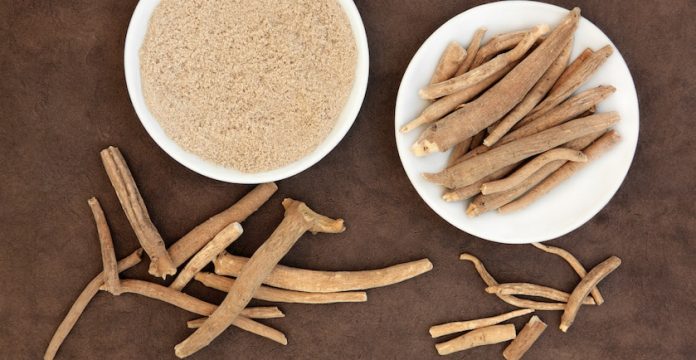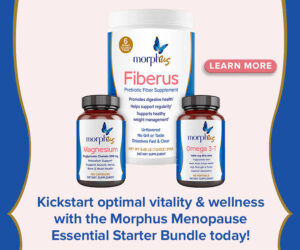
Ashwagandha, a Sanskrit word meaning “the smell of a horse,” is an ancient herb native to India, Pakistan and Sri Lanka and is used in Ayurvedic medicine. Also referred to as Indian Ginseng (although it has no relation to the ginseng family, but is instead part of the tomato family), this versatile herb is known for its rejuvenating and energy enhancing properties. As a super plant, the Ashwagandha herb also relaxes people. In Latin, its name Withania Somnifera means “sleep-inducing." The root is most commonly used but all parts of it, including the fruit and flowers, are beneficial. This plant, sometimes called Winter Cherry, is widely available in health food stores as a tincture, dry herb, tea or in capsules. This may be a helpful supplement to add to your daily regime.
What are the health benefits?
Ashwagandha is no stranger to scientists as there are over 350 studies examining its many beneficial properties. Known as the “go-to” herb for overall health and vitality, Ashwagandha also exhibits some very specific healing properties. Here is a summary of its main benefits:
- Adaptogenic – an adaptogen refers to a substance that aids the body’s ability to cope with and respond to stress. In order to earn the title as an adaptogen, the substance must be non-toxic, benefit the body as a whole, and have the ability to create homeostasis or internal balance. Ashwagandha is one such herb, as people take this if they’ve been under prolonged, chronic stress in order to help rejuvenate their body.
- Improves Mood – several studies show that Ashwagandha is an effective aid in depression and anxiety. A study produced results comparable to pharmaceutical drugs, such as benzodiazepine lorazepam for alleviating anxiety.
- Sexual Potency & Fertility – studies show improved sperm count and motility in infertile men with an increase of testosterone also found. The stress reduction properties helped with the psychological stress of infertile men in another study.
- Male and Female Libido – the herb has sexually stimulating and longevity enhancing properties for men and women. It is said to stimulate the production of DHEA, a precursor to testosterone. Many aphrodisiac products contain Ashwagandha.
- Nutrients – Ashwagandha contains the following compounds: Withanolides (studies examining brain regeneration show promising results in mice), steroidal lactones, alkaloids, choline, fatty acids, amino acids, and a variety of sugars. These nutrients also exhibit strong antibacterial as well and antioxidant properties, which can help protect against cell-damaging free radicals and kill off harmful bacteria in the body.
Dosage
Regular recommended doses are between 600-1000mg two times per day. There are no studies on pregnant women so discretion is advised as there have been cases of spontaneous abortions when ingested at higher doses. As always when taking a new supplement, you should consult with your doctor or health care practitioner if you are taking any medications or have specific medical conditions.
Bottom Line
Overall, this wonderful herb is well-studied, non-toxic, useful on multiple levels and widely available.
Read next
DISCLAIMER: This article contains affiliate links, which means that if you click on one of the product links, Naturally Savvy will receive a small commission so we can keep pumping out amazing articles like this one. Thank you so much for your support!










